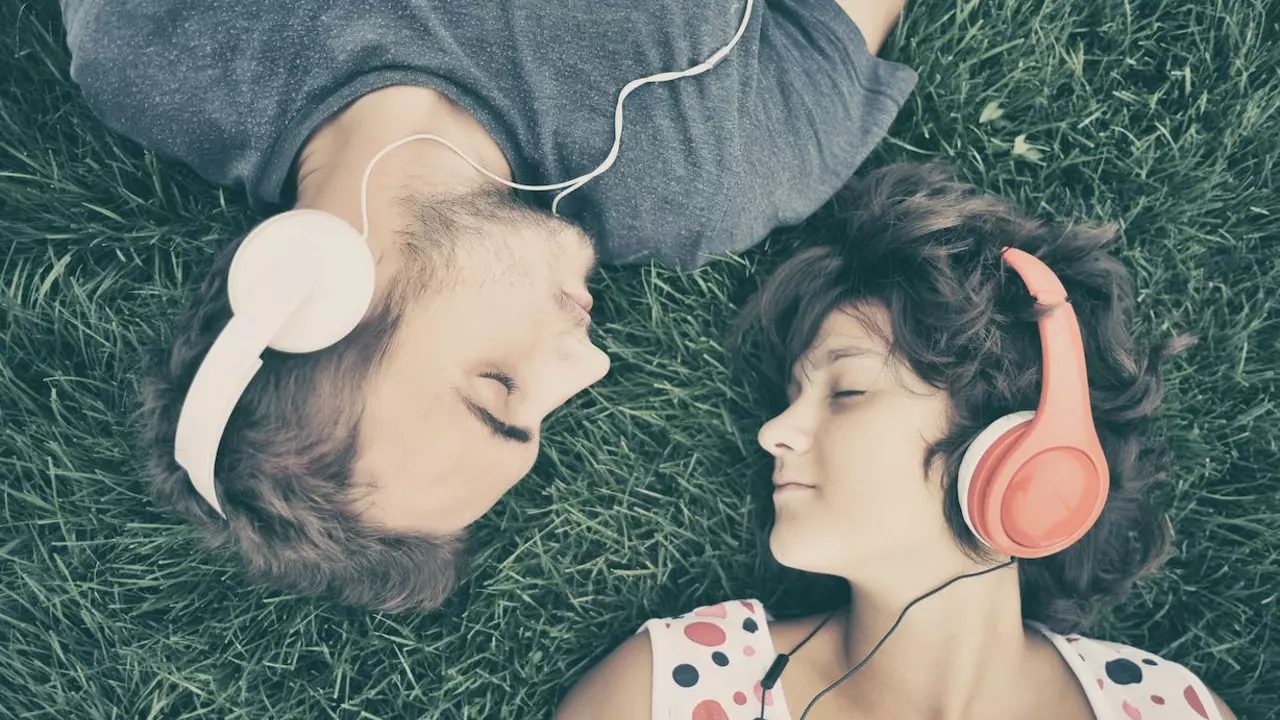The Allure of Music in a World without Sight
I’ve heard it said that music gives a soul to the universe, wings to the mind, and life to everything. I am inclined to agree with this, but I also think it’s intriguing to know that music touches people in different, profound ways based on their sensory experiences and perspectives of the world. The real beauty of music, the significance it holds, and the favorite tunes of those who cannot see is something truly worth exploring.
Amelia, my better half, once shared a touching story about her blind piano teacher who found joy in the resonance of classical pieces. It was a beautiful tale, heart-wrenching and inspiring, that made me consider further the relationship between blind people and their love for music.
Music Perception: Beyond the Sense of Sight
Imagine this: You're sitting in a dark room, only able to perceive the world through sounds, scents, textures, and tastes. Most of us magnify our experiences through sight, but without that, your connection with your environment dramatically shifts. You start to feel the world in a way many of us can't perceive. Music in such a setting takes on a deeper, more personal resonance... a resonance that might elude those who primarily perceive the world through sight.
Several research studies have shown that blind people may have a heightened sense of hearing due to their lack of visual stimuli. Not that they necessarily hear better, but they can better detect and process subtle variations in sounds, particularly those related to music. Take the 'Mozart Effect' for instance, it demonstrates convincingly that blind individuals can memorize and discern musical sequences more effectively than sighted ones.
Genres That Stir the Senses
So, are certain music genres more popular among the blind? The answer is as diverse as the spectrum of music itself. The beauty of music is in its vastness, its ability to ignite our senses and emotions in an array of ways, and this holds true regardless of one's ability to see.
Nevertheless, genres that heavily rely on musical complexity and soundscapes seem to be more appreciated by blind individuals. Orchestral music and classical compositions, for instance, are often cited due to their intricate layers of sounds and the emotional journey they can take the listener on. Many blind friends of mine have also expressed a deep love for blues, jazz, and folk – genres that convey an emotive and visceral experience.
Just like my wife's piano teacher, Stevie Wonder, a pinnacle figure in the blind community who turned his 'disability' into a superpower, is known for his soulful music imbued with rich melodious constructs. Ray Charles, another musical legend who was blind, preferred soul and jazz music. Similarly, Andrea Bocelli, an operatic tenor also blind, is famously known for his classical and Latin music. These examples prove that the preference of music knows no boundaries, and blindness just sets another perspective on the appreciation of the art.
The Emotional Connection and Therapeutic Impact
Undoubtedly, music has an undeniable emotional impact which may even intensify in the absence of sight. Emotions evoked by music can bring about a deep connection for anyone, but for those who are visually impaired, the experience can be even more profound and revelatory.
Music therapy is a common approach in assisting the visually impaired to express feelings, reduce anxiety, and improve self-esteem. There is something incredibly restorative about being able to connect and relate to the poetic lyrics of a song or the evocative melodies of a symphony. For instance, our pet Golden Retriever Max seems visibly energised whenever I play Beatles tunes on my guitar. But, imagine someone who cannot see, associating the rhythm, the chords, the vocals, the lyrics, and the emotions seamlessly without the aid of sight.
Personal Narratives and Music
A blind friend of mine once shared how she perceives music. Instead of a visual storyline, like many of us build while listening to a song, she said she experiences it in a way that's even more intense. She told me she ‘sees’ music in emotions, physical sensations, and narratives that unfold in her mind, even more vividly than anything we might visualize.
Interestingly enough, many blind music lovers have a fondness for songs that tell stories. Think about it - folk music is popular for a reason. It's often built on storytelling — tales of love, loss, adventure, and life experiences that listeners can coalesce around, whether sighted or not. Being able to create a mental narrative around a song can make the experience much more tangible and immersive for a visually impaired person.
To conclude, the magic of music is that it transcends physical limitations, borders, languages, and definitely sight. The blind just 'see' music on a whole different spectrum. I wonder if by shutting down our most dominant sense, we too could ‘see’ the wider picture in the tunes we love.

